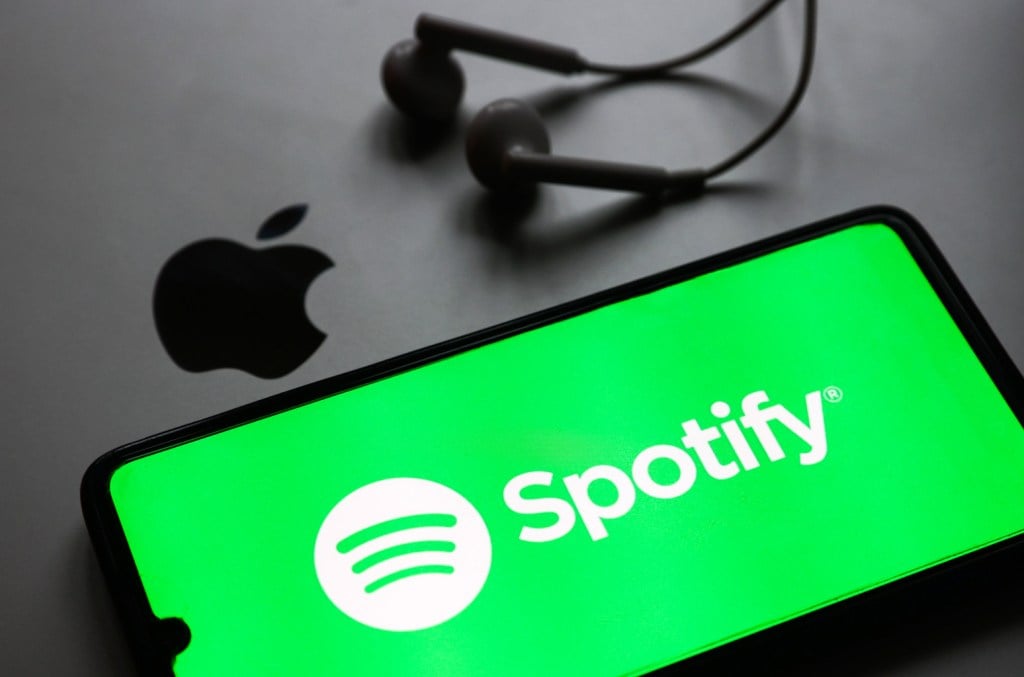When Bloomberg reported that Spotify would be upping the cost of its premium subscription from $9.99 to $10.99, and including 15 hours of audiobooks per month in the U.S., the change sounded like a win for songwriters and publishers. Higher subscription prices typically equate to a bump in U.S. mechanical royalties — but not this time.
By adding audiobooks into Spotify’s premium tier, the streaming service now claims it qualifies to pay a discounted “bundle” rate to songwriters for premium streams, given Spotify now has to pay licensing for both books and music from the same price tag — which will only be a dollar higher than when music was the only premium offering. Additionally, Spotify will reclassify its duo and family subscription plans as bundles as well.



Unfortunately, I’ve only found a wrapped up web client thing. Using the web page is probably similar.
The wrapped up web client works better than the native client on windows, tho. Not sure on sound quality, I haven’t had an issue tho
If you are talking about Tidal HiFi, the UI might be similar to the web version but apparently itbruns on a modified version of chrome that allows HiFi music? I did test it some months ago and the quality difference is noticeable.
Yeh, the electron wrapped Tidal HiFi for Linux. I just checked the GitHub, and it says it supports High and Max settings thanks to Widevine.
I swapped from Spotify to Tidal on windows and was blown away. Shortly after I started daily-driving Linux. I haven’t done an A/B between the Linux electron version and the windows desktop version, but it hasn’t annoyed me like Spotify did.
According to another commenter chromium on Linux is hard capped on quality, so although it’s noticeable vs the web version, it’s not actual Max quality. I haven’t noticed it although my headphones should be able to show the difference (sony MDR 7506, I know, yes, for everything, people say that it doesn’t sound nice, I don’t care I love it) so idk.
Yeh, that’s where I’m at with it.
I’ve seen comments that chromium does 48khz, and the high quality is 44.1khz, so there’s is sample rate conversion happening yada yada yada.
I’m not going to let perfection stand in the way of good.
Hopefully Tidal releases a native Linux client. That would be ideal.
Either way, it’s better than Spotify. I’m not bombarded by podcasts, I’m not funding podcasts I wouldn’t touch with a 10ft pole, and Tidal pays artists more than both Apple and Spotify.
It ticks enough boxes for me, and I’m super happy with Tidal
100% agree, it’s better than all the other music services in quality on linux just because it (3rd party) offers something that has somewhat better sound quality than the basic video version of any other one, and Spotify being the only other one that has an unendorsed official native client (done by the devs in their spare time without any official support offered) is pointless because their best audio quality is trash.